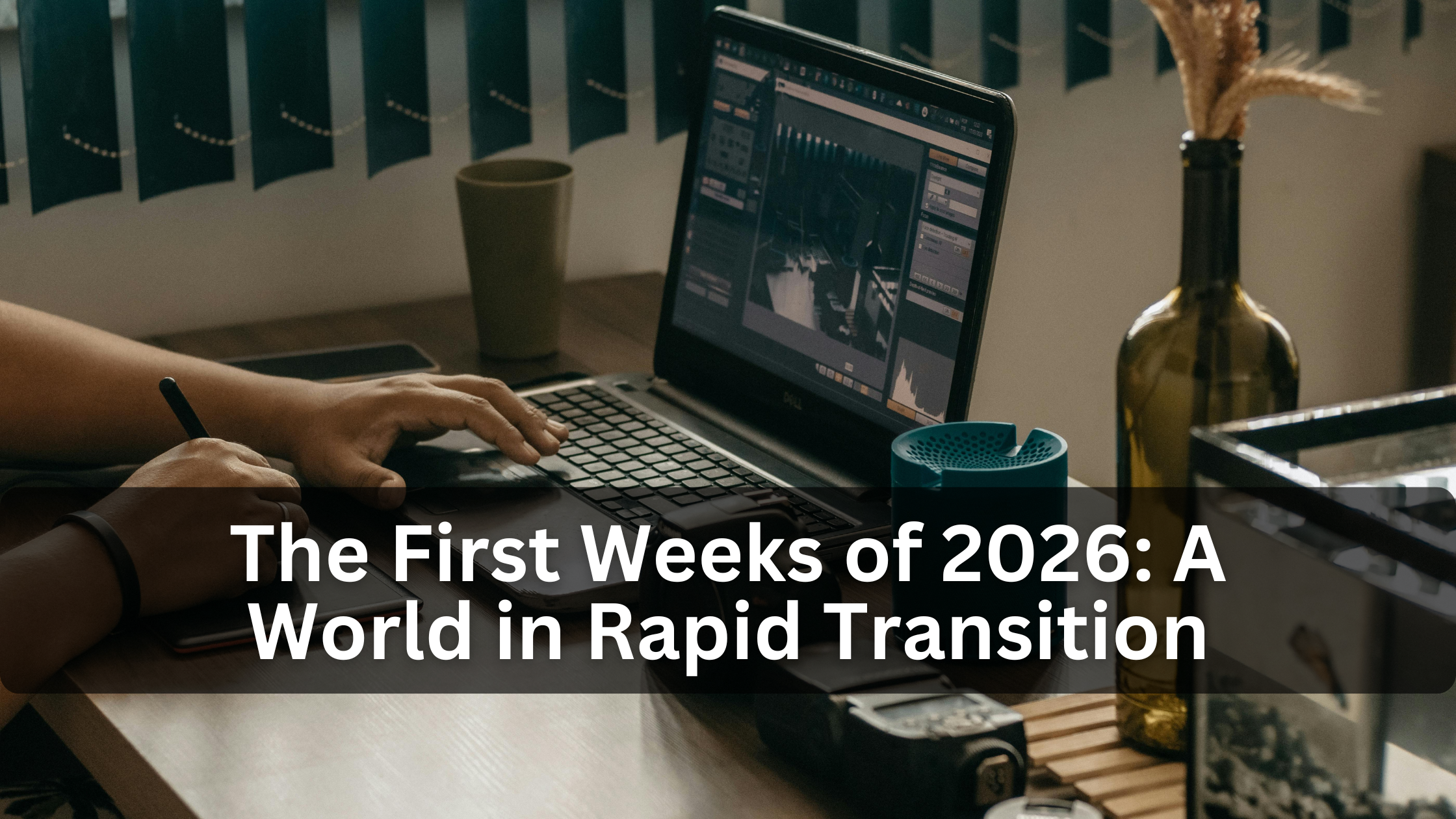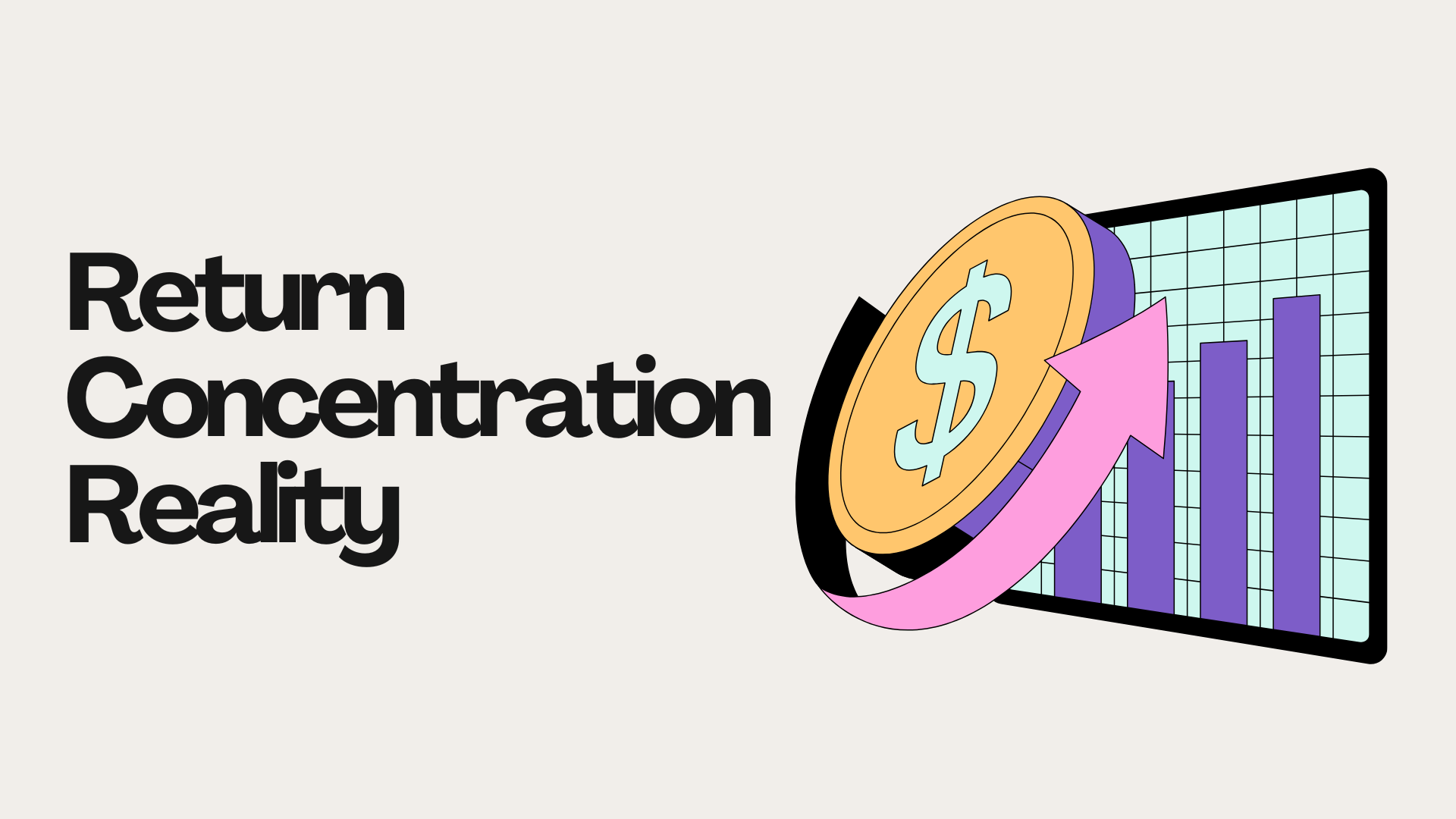Another important decision is WHO has to make the decision? In an organisation context, for instance, who makes different decisions is important to the quality and timeliness of the decisions. If a leader wants to be involved in all or most of the decisions themselves, then this will slow things down and all outcomes will be based on the quality of their decision making. A good leader leverages the quality of the decision making of others in the organisation to ensure decisions are taken by those most capable to take them while ensuring they are a part of the decision making on those matters that have the highest impact. Who needs to make a decision is also a decision and is one that can be very important in the outcomes we see.
One of the most important elements of decision making is HOW to make consistently good decisions. Everyone will make some less-than-optimal decisions in their life but it’s important to try and get the big decisions right. In today’s world, we often get too much information at times or at times very little or even information we are not sure we can trust to make a decision. How do we straddle these two extremes to make good decisions? Daniel Kahneman has done ground-breaking research on human behaviour and decision making and has written copiously about the two systems in our brain we use to make decisions : System 1 is fast, intuitive, and emotional; System 2 is slower, more deliberate, and more logical. Kahneman discusses the impact of our biases on our thoughts and decision making and where we can and cannot trust our intuitions and how we can tap into the benefits of slow thinking. The point is that we all have biases and emotion and “noise” that comes into our decision making process. Doing a pros and cons analysis to take a decision isn’t always as rigorous as we might think because our biases are playing through such an exercise. People process their thoughts with their inbuilt biases. So, often it helps to get external input into important decisions so you can be aware of where you might be blind-sided by your biases.



